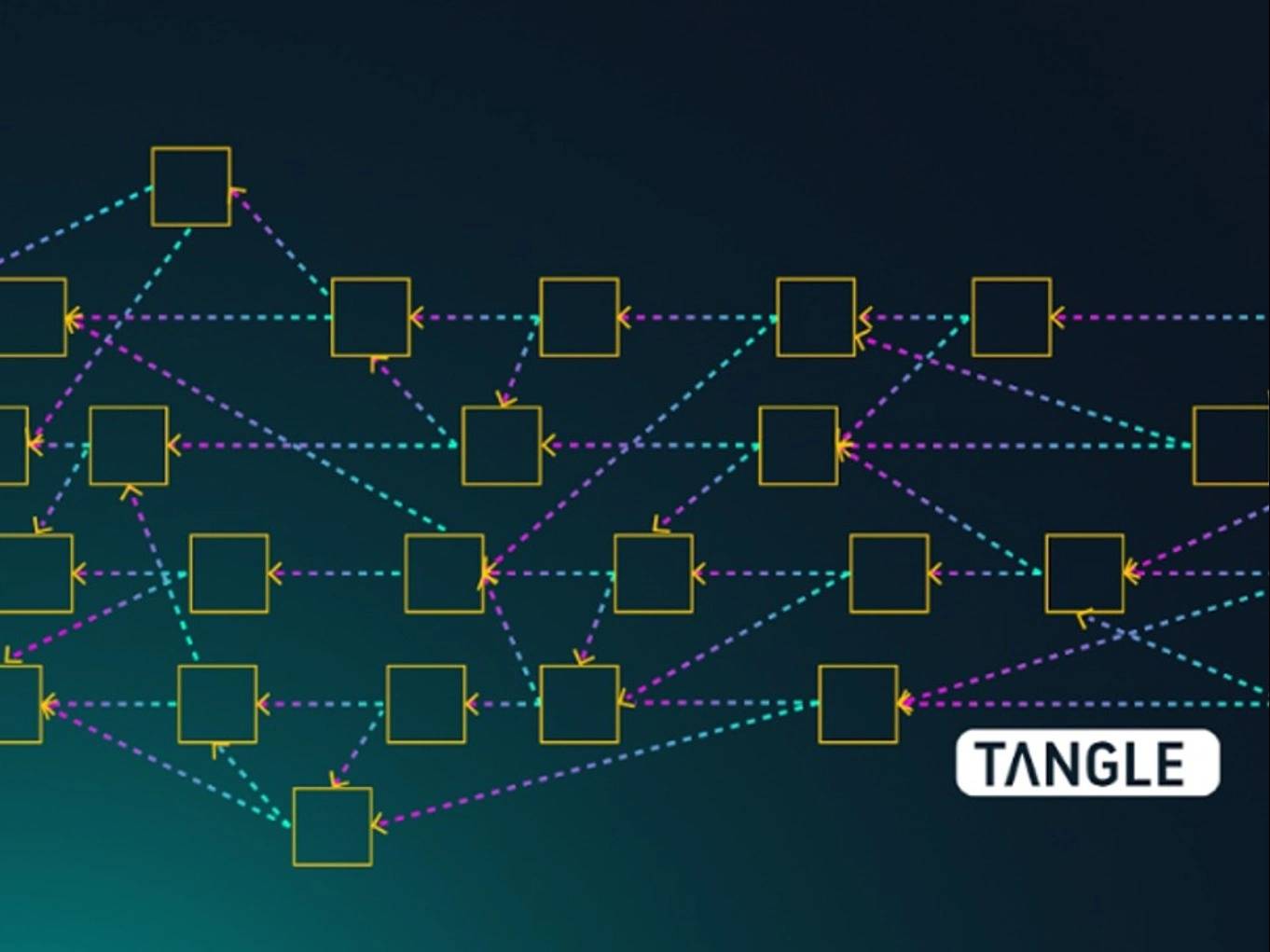Subscribe to wiki
Share wiki
Bookmark
The Tangle
The Agent Tokenization Platform (ATP):Build autonomous agents with the Agent Development Kit (ADK)
0%
The Tangle
The Tangle is IOTA's foundational technology, characterized by a Directed Acyclic Graph (DAG) structure. Unlike traditional blockchains where transactions are grouped into blocks and sequenced linearly, IOTA's transactions interlink in a web-like structure. [1][2]
Overview
The Tangle is the moniker used to describe IOTA’s directed acyclic graph (DAG) based transaction settlement and data integrity layer for the Internet-of-Things (IoT). It is essentially a string of individual transactions that are stored by a decentralized network of nodes. [1]
In IOTA's whitepaper, Tangle is described as the successor of blockchain technology:
“The Tangle naturally succeeds the blockchain as its next evolutionary step, and offers features that are required to establish a machine-to-machine micropayment system."[2][3]
In the Tangle network, there are no miners as users. Instead, each transaction is verified by performing a computational proof of work (PoW) that involves verifying previous transactions submitted to the network. [1]
The Tangle is specifically designed to facilitate a global micropayment network of interconnected IoT devices by eliminating the heterogeneity present in current blockchain systems, allowing the network to scale. [1]
"There are two distinct types of participants in the system, those who issue transactions, and those who approve transactions. The design of this system creates unavoidable discrimination of some participants, which in turn creates conflicts that make all elements spend resources on conflict resolution.
The aforementioned issues justify a search for solutions essentially different from blockchain technology, the basis for Bitcoin and many other cryptocurrencies.” - the whitepaper wrote[2]
The Tangle's design, which lacks blocks, allows for immediate transaction validation. Transactions are processed in parallel, leading to near-instant confirmations. In this system, each new transaction confirms two preceding ones, ensuring a decentralized and scalable network. [3][4]

See something wrong?
The Agent Tokenization Platform (ATP):Build autonomous agents with the Agent Development Kit (ADK)
